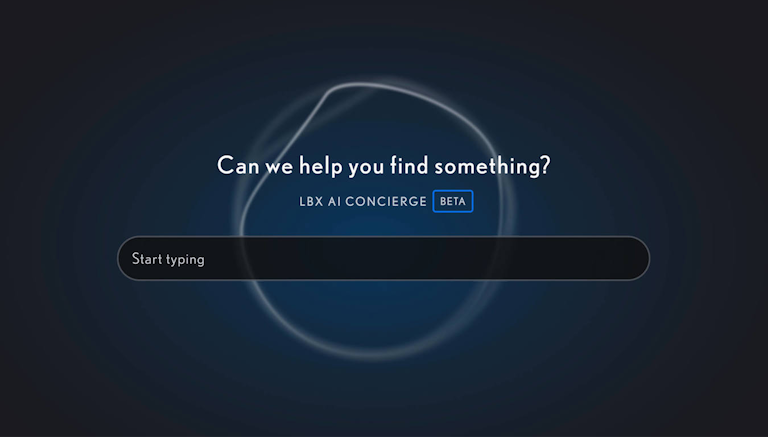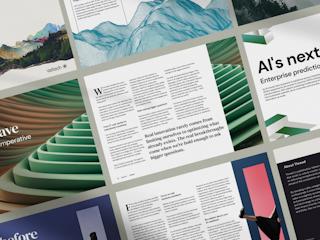At Valtech, we empower our clients to leverage Experience Innovation — driven by data and AI — to generate new pathways for growth. This holistic transformation is fueled by adopting innovative technologies, rethinking business models and crafting better customer experiences.
The shift in business paradigms
The introduction of AI is shifting the focus from incremental technological improvements to disruptive innovations. Businesses must now rethink their entire approach — from traditional tech stacks to a comprehensive overhaul of business processes. This shift demands a transition from merely consulting for future business strategies to actively helping clients build capabilities at speed and scale.
Established benchmarks are being replaced with a mindset that challenges the status quo. Clients increasingly desire actionable deliverables that provide measurable outcomes rather than mere hours of consultancy time. The consulting industry must evolve from selling time to selling outcomes.
Emerging business models in consulting
Several pioneering consulting models are emerging in this new landscape that reshape the way services are delivered:
1. Consulting-as-a-service: This new model offers on-demand, subscription-based access to consulting services, where value is derived from outcomes rather than benefits. It creates a continuous relationship between consultants and clients, allowing for agile responses to market needs.
2. Embedded AI in consulting: The role of AI in consulting is becoming increasingly crucial, enabling enhanced analysis of customer data and real-time tracking of performance metrics. This allows for the generation of actionable recommendations and automated delivery of certain aspects of consulting, making services more efficient and impactful.
3. Hybrid models: These include self-service consulting platforms where clients can access tools and resources independently, along with expert support embedded within clients' business tools. Payment structures are evolving to focus on the value or impact generated, rather than traditional billing methods.
4. Strategic cross-skills: Successful consulting now requires a blend of intelligence, integration and impact. Consultants must quickly understand client needs, integrate advice into their processes and deliver measurable results. Hybrid micro-teams focused on delivery are becoming essential for achieving these goals.
Bridging the expectation gap
As AI becomes more prevalent, businesses face a growing disparity between client expectations and actual deliverables. Many clients enter the AI space with high hopes for rapid results and significant cost reductions, often overlooking the foundational changes necessary for successful implementation.
Organizations must manage these expectations realistically, providing clear guidance and setting achievable goals. Clients may expect immediate benefits from AI investments but must understand that AI is a catalyst for broader transformation, requiring cultural shifts and process reengineering.
Personalization at scale
AI's ability to create personalized customer experiences at scale is a significant driver in shaping customer expectations. Consumers today expect tailored interactions that resonate with their individual preferences. For example, in collaboration with a luxury brand, we harnessed generative AI to produce high-quality 3D product images, dramatically reducing production time from weeks to hours while maintaining artistic integrity. This capability not only improved operational efficiency but also enhanced customer satisfaction by delivering engaging content swiftly.







